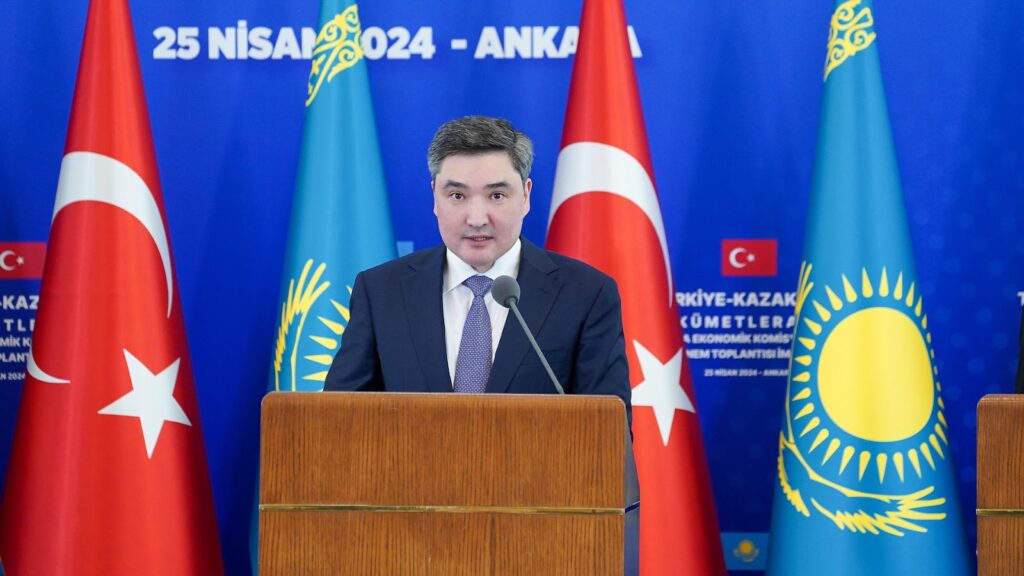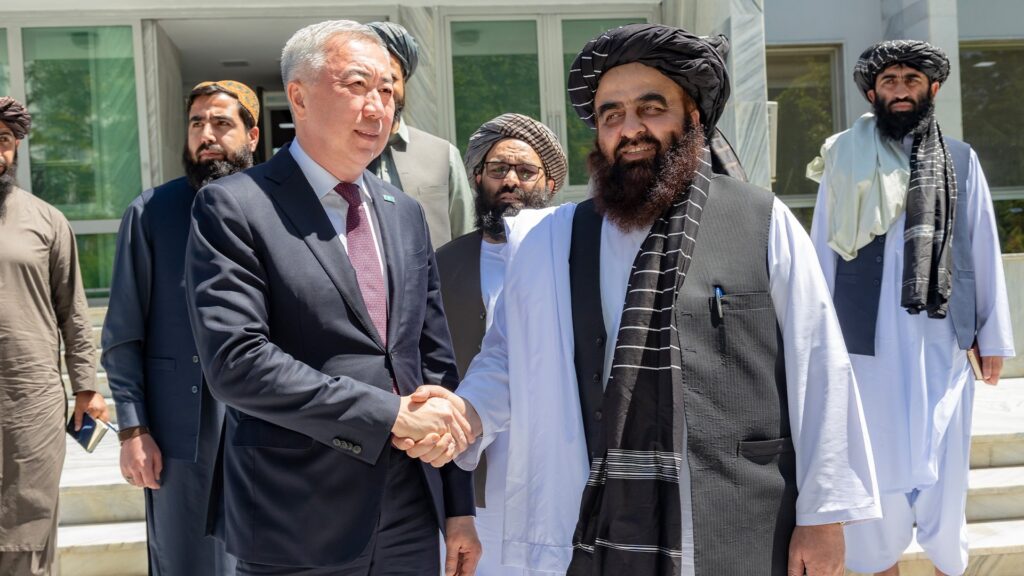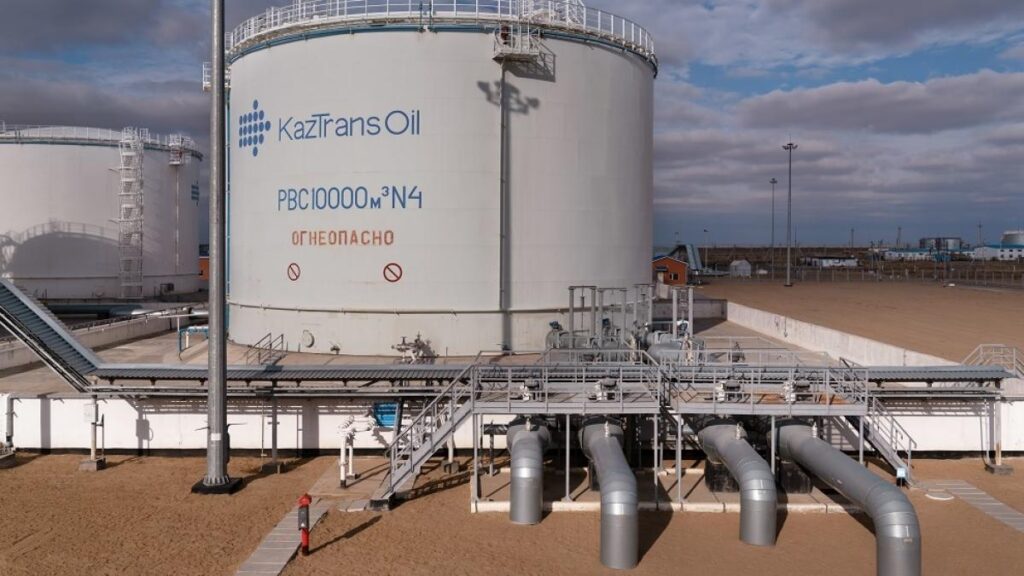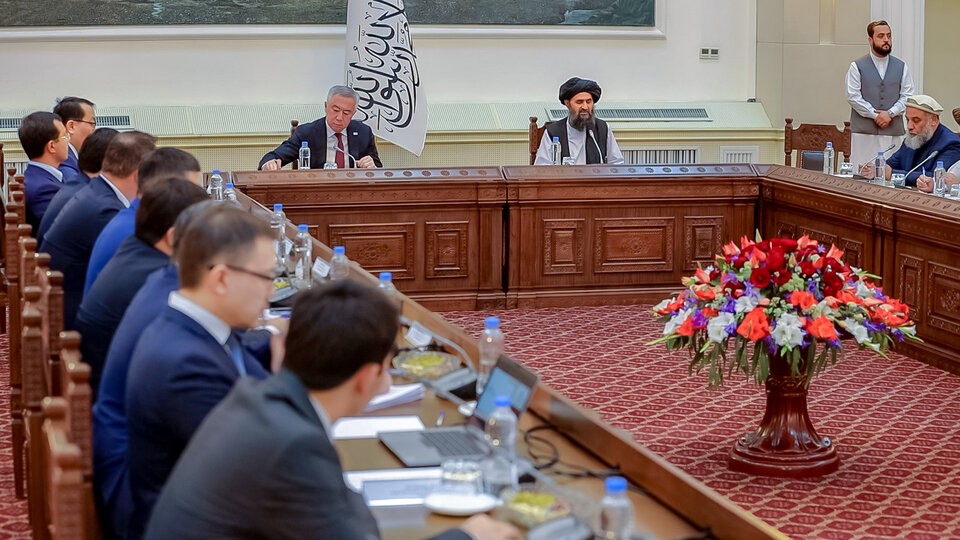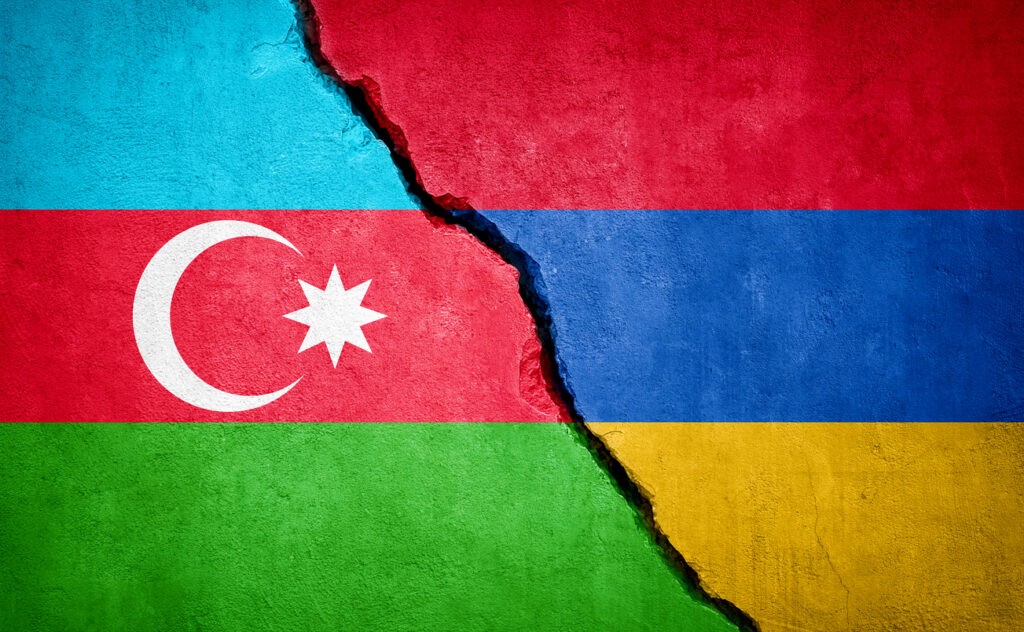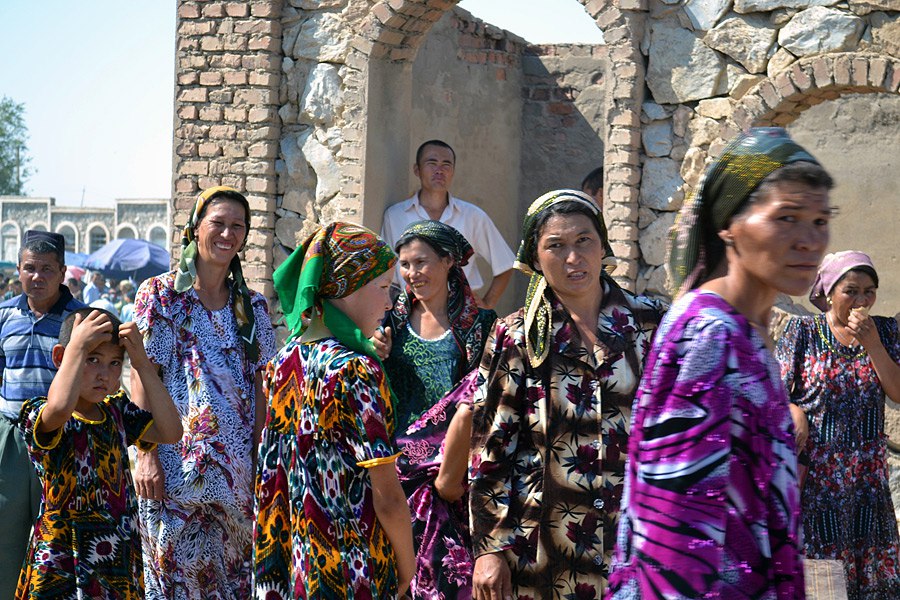Kazakhstan Welcomes Turkish Investors
On 25 April, Kazakhstan’s Prime Minister Olzhas Bektenov visited Ankara where he met President of Turkey Recep Tayyip Erdogan, discussed investment cooperation with leading Turkish companies, and attended a Kazakh-Turkish business forum.
Turkey is one of Kazakhstan’s five largest trading partners and one of the top 20 investors in the Kazakh economy. The two countries’ governments are currently engaged in maintaining bilateral trade worth $10 billion.
Looking ahead, Kazakhstan plans to increase its export of 34 products, primarily from metallurgical, petrochemical, food, and engineering industries, valued at over $630 million.
Over the past year, the volume of freight transported by rail and road increased by 40%. Kazakhstan and Turkey have now set a target for a further threefold increase by developing the potential of the Trans-Caspian International Transport Route (TITR).
At the business forum, over 500 representatives of the Turkish business community were informed of Kazakhstan’s investment climate and government support for investors. It was stated that Kazakhstan and Turkey are currently implementing some 100 joint investment projects costing about $3.8 billion.
Addressing Turkish businesses, Bektenov emphasized Kazakhstan’s enormous investment potential and interest in furthering mutually beneficial cooperation with Turkey, stating, “Kazakhstan’s key aims are transferring advanced technologies, localizing production and creating advanced processing clusters to produce high-quality products with high added value. Investors who are ready to cooperate in this direction will be provided with the necessary resources, infrastructure, and support.”
At the close of the business forum, 10 commercial contracts were signed and totalling over $180 million, included a memorandum on the export of finished products, as well as the construction of a logistics hub and factories producing soda ash, sprinkler equipment, nonwoven materials, and assembly of irrigation equipment.


